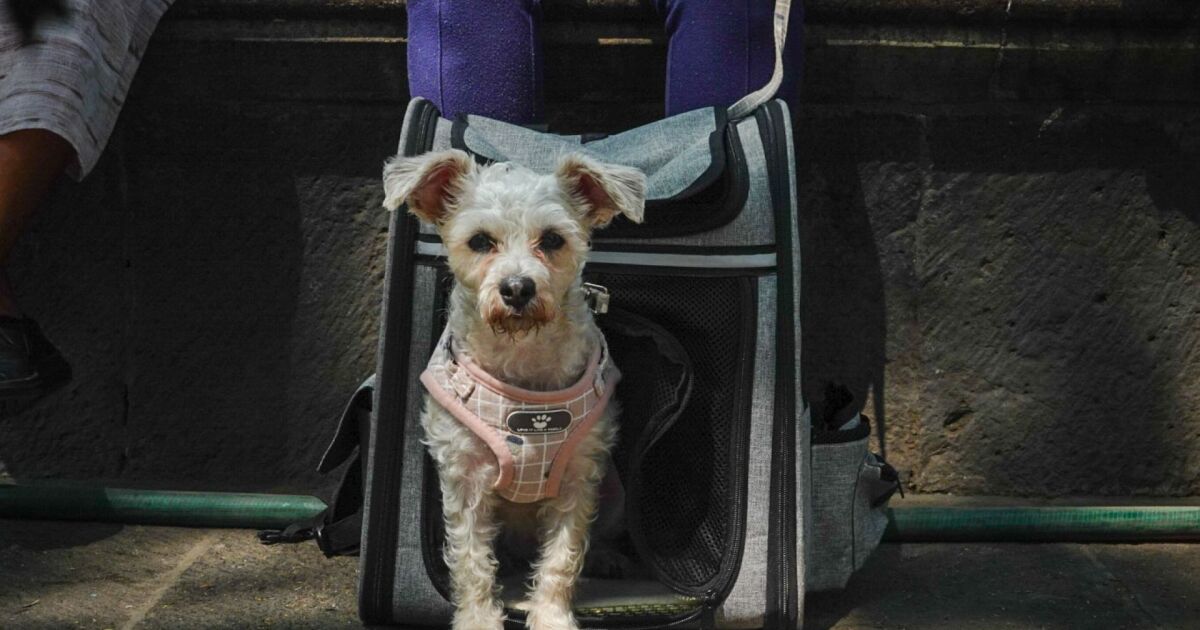This new reform is also part of the package of 20 initiatives that the then president Andrés Manuel López Obrador sent on February 5. It was approved with 450 votes in favor overall; in particular with 441 votes in favor and one abstention.
In the discussion, it was highlighted that according to data from the National Institute of Statistics, there are about 80 million companion animals in the country. As an example of this, the Morenoist representative Merilyn was accompanied by her dog “Tomás”, and Giselle Arellano, by her rooster “Pancho”.
Mexico – they warned – occupies first place in Latin America in terms of animal abuse and abandonment, and third worldwide, because on average 7 out of 10 pets suffer some type of abuse by their owners.
“If we hurt animals, we degrade ourselves as a society,” said PRI member Marcela Guerra, who in 2005 was accused of appearing in the Chamber of Deputies wearing an expensive mink coat. She recalled that 60,000 animals die annually from mistreatment in Mexico. and between 60 and 70% of cats and dogs in the country live on the streets, exposed to diseases, hunger and aggression.
The reform consists of modifying articles 3, 4 and 73 of the Constitution so that the Mexican State guarantees the protection, adequate treatment, conservation and care of animals, in accordance with what is established by the corresponding laws.
The change to article 3 of the Constitution seeks to incorporate the perspective of protection, care and non-mistreatment of animals through study plans and programs.
The new article 4 prohibits mistreatment of animals, as well as the obligation of the State to protect, care for and conserve animals.
Article 73 to give Congress the power to approve laws to protect, care for, as well as prevent and prohibit animal abuse according to their nature and ties to people, including animals intended for human consumption.
With the practically unanimous vote of all parliamentary groups, today the Chamber of Deputies approved reforms to articles 3, 4 and 73 of the Constitution, to establish measures for the care and protection of animals, in such a way that they are recognized as beings. sentient people, and the responsibility of the State to guarantee their well-being is reinforced.
Despite the almost unanimous vote, the deputies held a long debate that lasted up to six rounds and therefore six hours, to elaborate on the same thing: the mistreatment of animals in Mexico is a problem, whether they are companion animals or those oriented towards human consumption.
In the particular discussion, 30 reservations were presented to the ruling and only one from the representative Martha Olivia García, from Morena, was successful, to specify that in addition to the fact that the Chamber of Deputies can legislate on the protection of animals, it must also do so in regarding their “well-being”.

















